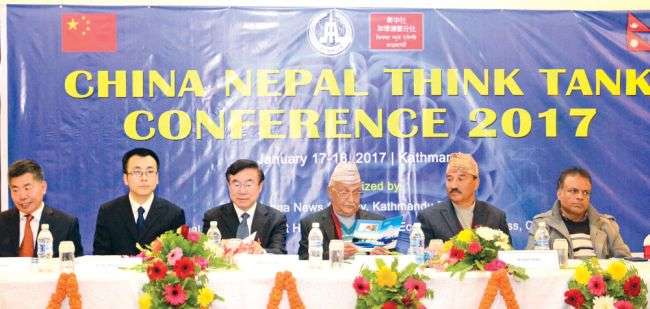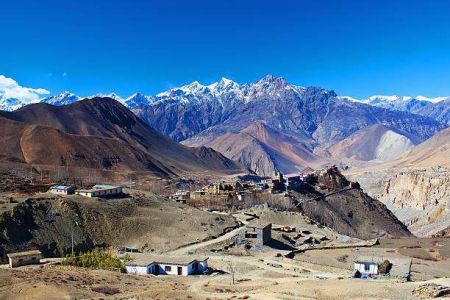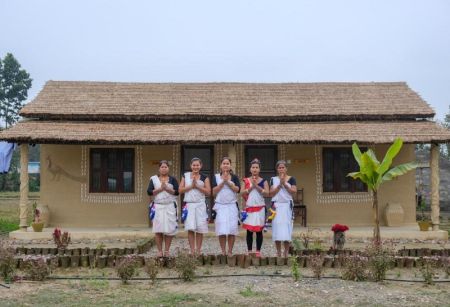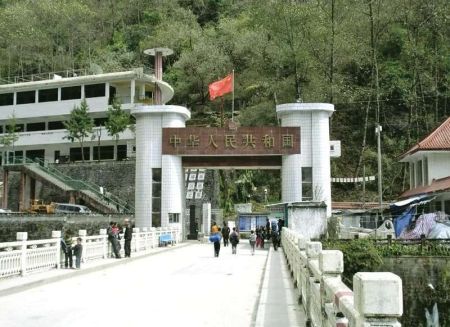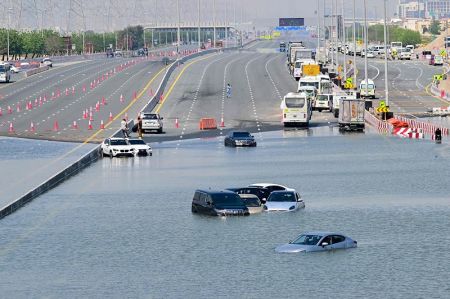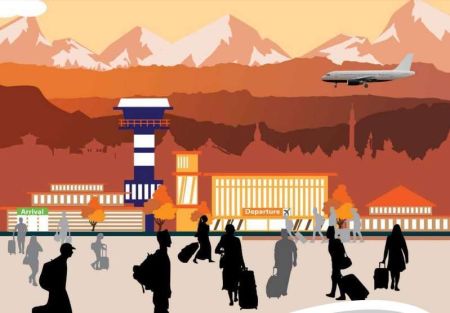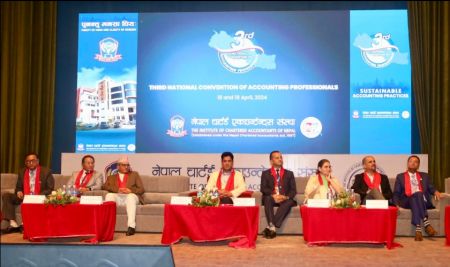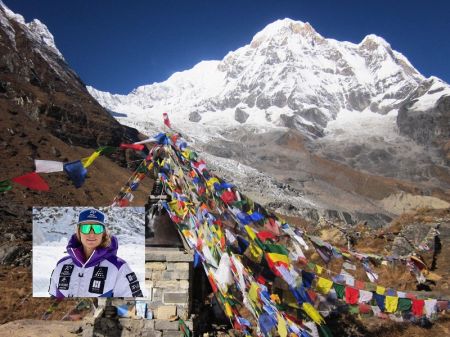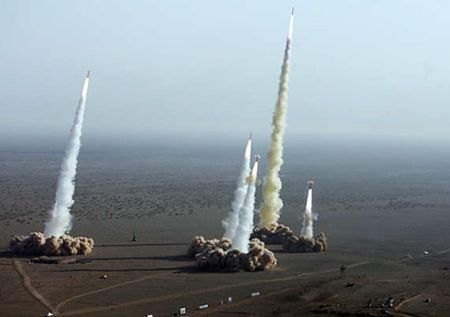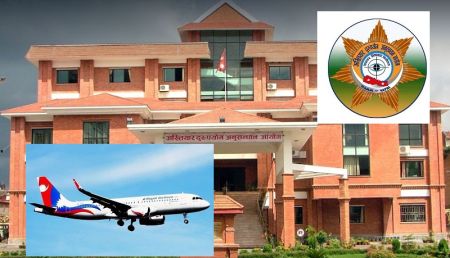January 17: Former prime minister KP Sharma Oli has said that the ‘One Belt, One Road’ initiative taken by China can be largely beneficial to the Nepali economy. He said that Nepal’s engagement in restoring and reviving the ancient Silk Road route will usher the country into a new era of trade and connectivity.
Former PM Oli who is also the chairman of the main opposition party CPN-UML, made such remarks at the inaugural session of the China-Nepal Think-Tank Top Conference 2017 in Kathmandu that commenced today. The two-day conference is organised jointly by the Kathmandu Bureau of Xinhua News Agency, the official news agency of China and Nepal Study Center at Hebei University of Economics & Business, China. The programme was chaired by Huang Youyi, Secretary General ofInternational Advisory Board of The Chahar Institute and Political Member of Chinese People Political Consultative Conference and its Foreign Affairs Committee.
Inaugurating the event, Oli thanked China for its policy of non-interference in Nepal’s internal matters. “I have found China very much willing and eager in supporting the development endeavours in Nepal,” he mentioned. He said that despite the current difficult political situation, Nepal is headed towards a new and positive direction.
It is the first conference of China-Nepal Think Tank, a group comprising of eminent personalities from Nepal and China. According to the organisers, the objective of the event is to find ways to further strengthen the bilateral relationship between the two nations.
Speaking at the programme, former deputy prime minister and foreign minister Kamal Thapa charted out three factors impacting the Sino-Nepal relationship. “First is the significant socio-economic transformation in China and Nepal. Second is the emergence of China and India as the world’s economic powerhouses, and thirdly, the One Belt, One Road connectivity concept,” he mentioned.
Thapa stressed that Nepal should prioritise on expanding its connectivity infrastructure with China. He also urged for a Sino-Nepal transit treaty. “We must have a transit treaty with China at the earliest possible. The border blockade of 2015 has clearly pointed out to the need of such pact,” he said, adding that China should provide landlocked Nepal with the access to the sea.
Thapa criticised the current government citing the lack of progress on various agreements with China that were signed by the erstwhile government led KP Sharma Oli.
Similarly, former minister and Naya Shakti Party leader Hisila Yami pointed out that Nepal should replace political diplomacy by economic diplomacy. “The development of Tibet and expansion of roadways and railways in the areas near to Nepal-China border has pronounced much more opportunities for Nepal. It can be a vibrant bridge between China and India,” she said. “Connecting Nepal, China and India trilaterally would create a huge market of more than 2.6 billion people,” Yami added.
Speaking at the event, Cui Guitian, Professor at Shandong University stressed on increasing the frequency of exchange of political delegations between China and Nepal to further bolster the bilateral relationship. “The future of Sino-Nepal relationship depends on the level of engagement of political parties of both the countries,” he said.


